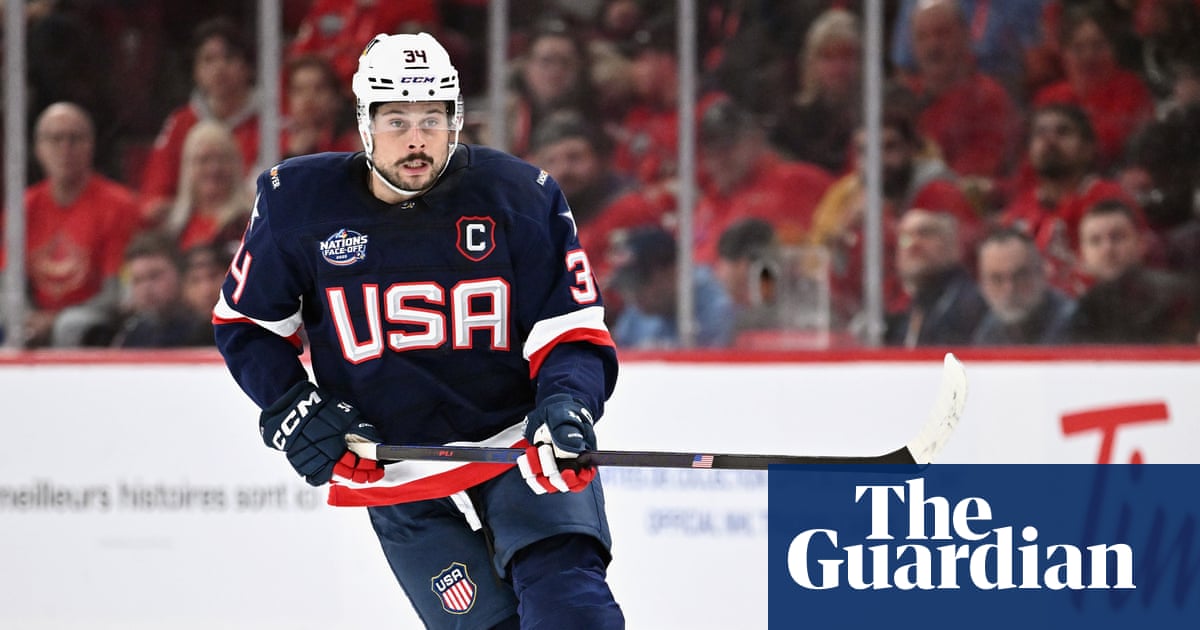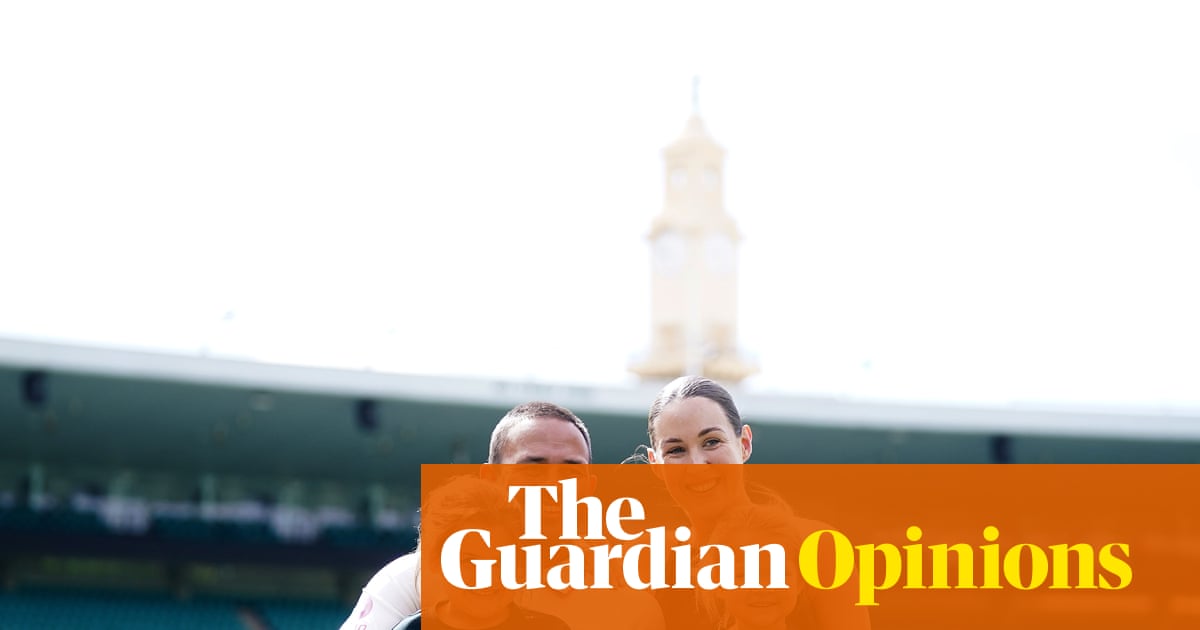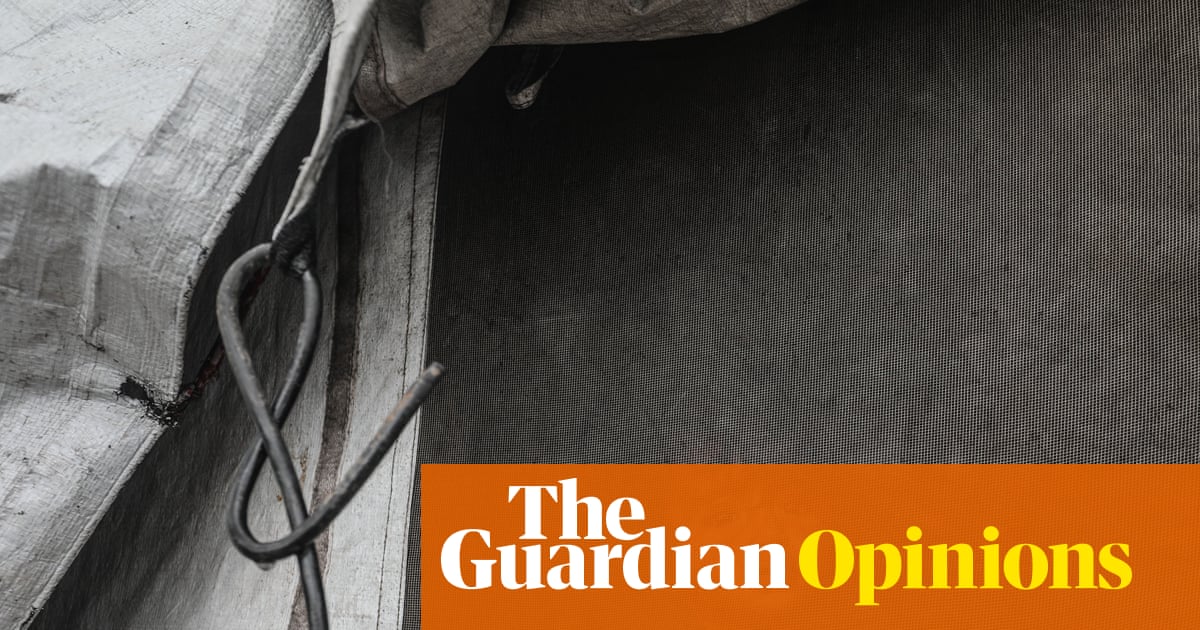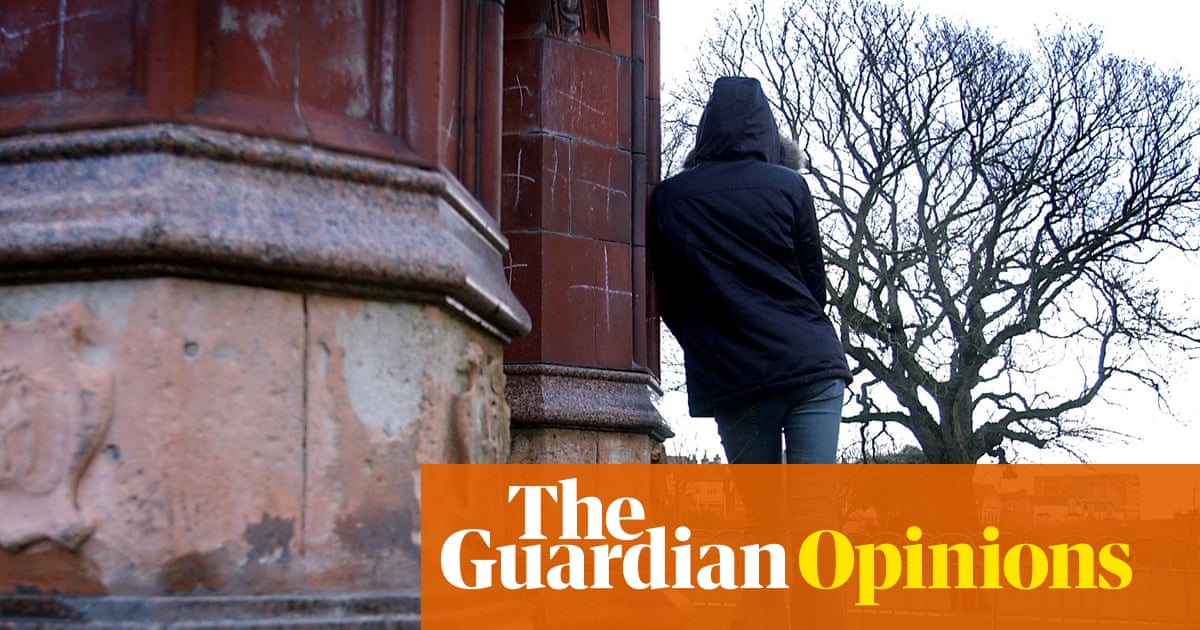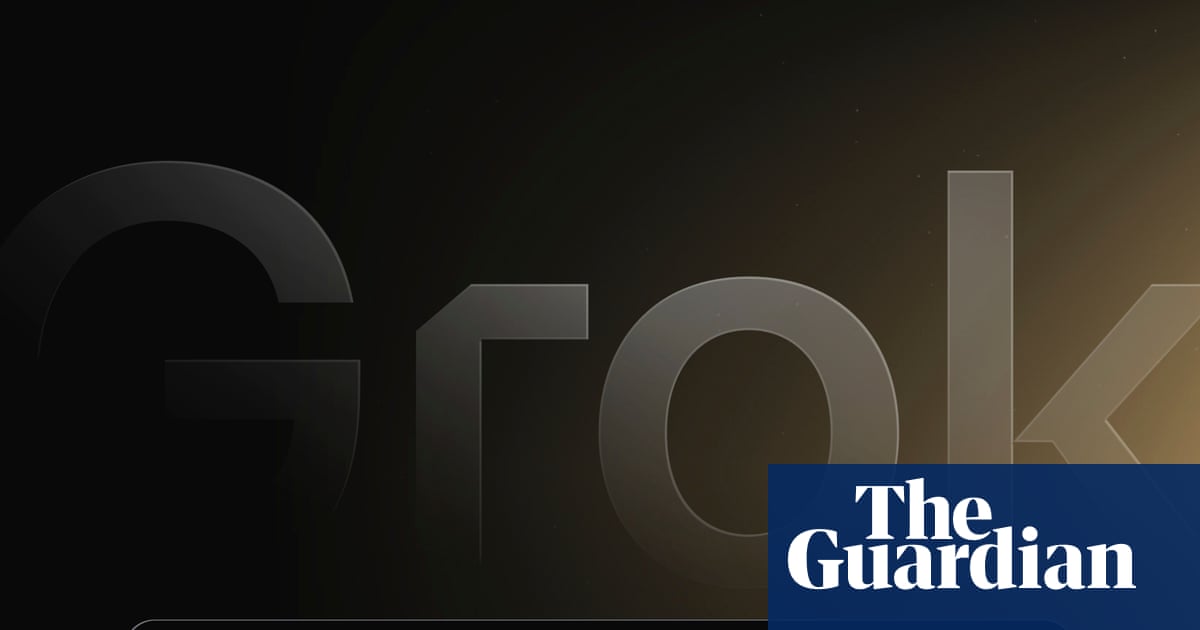When it comes to film-making, Norway has long been left watching on while its Nordic neighbours Sweden and Denmark put out hit after hit by luminaries such as Lars von Trier, Thomas Vinterberg and Ruben Östlund.
But after years in the shadows, the country has finally found its place in the international spotlight with a number of distinctive, relationship-centred and critically acclaimed films and television shows in what many are describing as a Norwegian “golden age”.
The last few months alone have seen the release of Dreams, the third of Dag Johan Haugerud’s Oslo Stories Trilogy, which won the biggest prize at this year’s Berlin film festival; Joachim Trier’s Sentimental Value, which was awarded the Grand Prix at Cannes and comes off the back of his Oscar-nominated The Worst Person in the World; Lilja Ingolfsdottir’s Loveable; and Armand, the directorial debut feature from Halfdan Ullmann Tøndel.
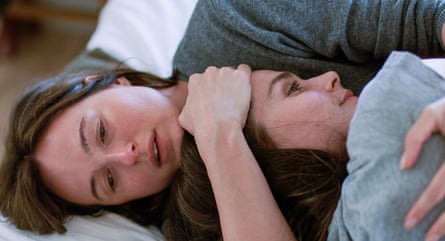
Meanwhile, Pernille (known as Pørni in Norway) has found dedicated audiences around the world since the Viaplay comedy drama series about the life of a single-parent family was recommissioned by Netflix.
“We are in a golden age of Norwegian cinema,” Ullmann Tøndel, who is working on the script for his next film, told the Guardian. “Especially in terms of recognition from the biggest festivals and how Norwegian cinema films are being perceived outside of Norway.”
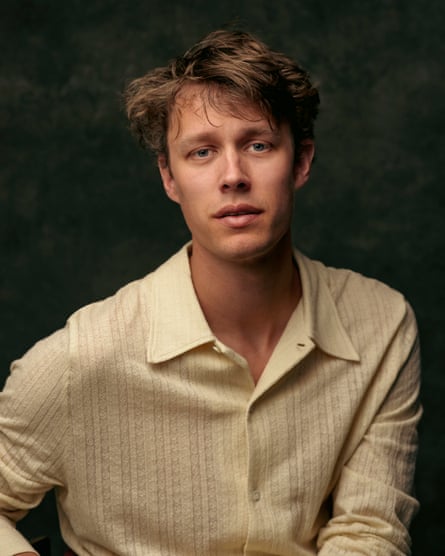
Although there has been no shortage of talented Norwegian film-makers – including Trier and Haugerud – on the whole, Ullmann Tøndel said, films coming out of Norway had generally been “quite safe”. This was not the case, he said, among the younger generation, many of whom have formed a collective to encourage and inspire one another to take risks and have fun. Others to break through recently with their directorial debuts include Emilie Blichfeldt, with The Ugly Stepsister, and Thea Hvistendal, with Handling the Undead.
“What is so great is that all of us have a very different visuality. That’s a really important thing in Norwegian cinema,” said Ullmann Tøndel. “Because in Sweden for example, everybody tried to make Ruben Östlund films for a while and in Denmark everyone tried to make Lars von Trier films for a while. So we really try to nurture our own singularity.”
If there is a face of this new wave, then it is almost certainly the unvarnished expressions of Renate Reinsve, who can be found collapsing into seven minutes of laughter in Armand and finding her way through the micro-details of romantic relationships in all their joy, pain, awkwardness and humour as she did in the 2021 hit The Worst Person in the World.
“She is so intuitive and smart, and goes very deep into her roles, but she does it with a lightness,” said Ullmann Tøndel, adding that she is also very funny. “She has a remarkable understanding, it seems, of what makes us human.”
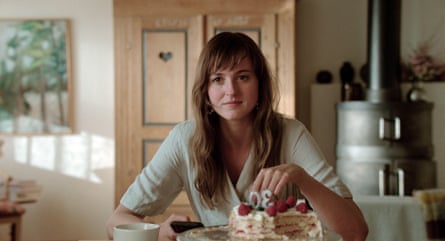
Norway’s newfound international stature in the film world has not gone unnoticed by its neighbours.
“It hurts to admit it because of our countries’ eternal rivalry, but Norway is light years ahead of Sweden in terms of cultivating original cinematic voices,” said Kristoffer Viita, an author and film critic for the Swedish broadcaster SVT.
While Viita takes some consolation from the fact that Ullman Tøndel’s grandfather – the legendary director Ingmar Bergman – was Swedish, he is not sure that the young Norwegian director would have been able to follow his same path in Sweden, where the film industry is focused mainly on Swedish audiences.
Henriette Steenstrup, who wrote and starred in Pernille, said that as a Norwegian she had not expected her series to be an international success – because of the specifically Norwegian society it showed. Unlike Nordic noir’s focus on crime and detectives, her series focused on everyday subjects such as family and loss. “There is a lot of drama in everyday life,” she said.
after newsletter promotion
While it is easier to make films in Norway than in many other countries, with consistent state funding and a steady flow of talent emerging from free-of-charge film schools, film-makers are coming up against growing difficulties in getting their projects financed.
“Norway is a big hub of talent,” said Hege Hauff Hvattum, one of the producers of the Oslo Stories Trilogy. “The money from the Norwegian Film Institute (NFI) has been good in the sense that many projects have been realised with a mix of Nordic funding alone, but it’s not been increased at the same speed as the costs, so we’re starting to wonder how it will be in the future. Especially since the streamers are not doing as much drama and films and TV series as they did, that’s an issue.”
There was also the problem of streamers seeking to make films more appealing to wider audiences, which Hauff Hvattum said could result in making them generic. “If you want to tell a story that is honest and precise, I believe that is easier if you write out of a local perspective to capture the nuances – it’s more interesting,” she said.

Kjersti Mo, the CEO of the NFI, said Norway’s success was the product of long-term state investment in film-making – about 670m NOK (£50m) this year – and the professionalisation of its film industry in terms of working with international partners.
The NFI tries to help independent film-makers in the way it structures their financing, by making it dependent on theatrical release and owning their own rights. “We have to empower our creatives and producers so that they still have a choice,” said Mo. “In the ecosystem the money from the streamers still matters but we will not let them design everything.” The NFI’s job, she said, was to “empower the art side” of film-making.
Contrary to an overall move towards dumbing down, Mo said that increasingly, films selected by the institute for their artistic merits were also the ones that were popular among audiences. “That makes me really happy. We are building awareness in the Norwegian population so they are proud of the films and proud of the film-makers.”
Norway, she said, had always been “the little brother or sister” to Denmark and Sweden when it came to film. “They are mostly happy for us,” Mo said. “I think it is also an inspiration.”
But Sarah Iben Almbjerg, the film editor at the Danish newspaper Berlingske, said it would not be long before Danish film was “back in the international limelight”. She added: “Until then, the Norwegians can enjoy their place in the sun.”

 3 months ago
89
3 months ago
89

